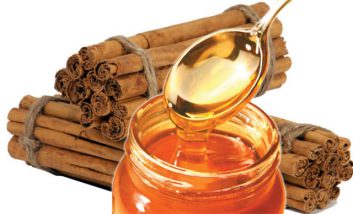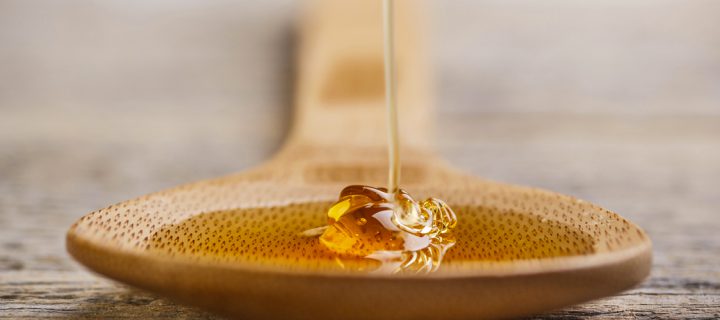That manuka honey you enjoy with your afternoon tea could have an even sweeter use for hospitals.
 A team of scientists claims manuka honey could have the properties to battle hospital-acquired infections by cleaning medical instruments with a solution derived from the Australia and New Zealand-based honey. The Southampton University researchers say the sweetener can reduce bacteria that’s coagulated onto surfaces by more than 75 per cent.
A team of scientists claims manuka honey could have the properties to battle hospital-acquired infections by cleaning medical instruments with a solution derived from the Australia and New Zealand-based honey. The Southampton University researchers say the sweetener can reduce bacteria that’s coagulated onto surfaces by more than 75 per cent.
This can be particularly useful for patients at risk of bacterial infections, such as those who need a catheter. Thousands of urinary-tract infections would be prevented, and that’s just one example of the honey’s implications.
While honey has been tested and used as healthy remedy for centuries, this is the first time the potential of mono-floral honey from the nectar of a manuka tree has ever been experimented with.
In the study, the scientists diluted the honey with distilled waters, creating various concentrations of the solution (3.3 to 16.7%). Applying the concoctions to bacterial cultures, the manuka honey countered the ‘stickiness’ of the bacteria, reducing the development of biofilm, which sticks to medical equipment.
 “Catheter infection rates can account for a large proportion of hospital acquired infections. It is an area of clinical practice that needs addressing,” says Dr. Bashir Lwaleed, associate professor of health sciences at the University of Southampton.
“Catheter infection rates can account for a large proportion of hospital acquired infections. It is an area of clinical practice that needs addressing,” says Dr. Bashir Lwaleed, associate professor of health sciences at the University of Southampton.
“We believe that patients might also benefit from honey’s anti-inflammatory properties, which are generally stronger in dark honeys, such as manuka, and that antibacterial resistance is unlikely to be a factor when honey is used.”











